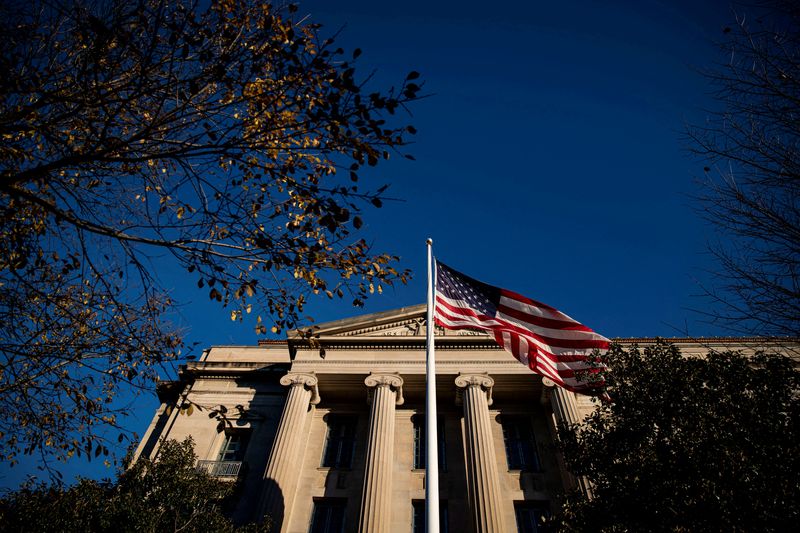BOSTON – A former Cambridge man pleaded guilty today in Boston in connection with his scheme to illegally export defense technical data to foreign nationals in Turkey for the fraudulent manufacturing of various United States military parts, in violation of the Arms Export Control Act. The U.S. Department of Defense (DOD) later determined that some of the parts were substandard and unsuitable for use by the military.
Arif Ugur, 53, pleaded guilty to two counts of wire fraud, two counts of violating the Arms Export Control Act and one count of conspiring to violate the Arms Export Control Act. U.S. District Court Judge Nathaniel M. Gorton scheduled sentencing for Dec. 14, 2022. Ugur was indicted on July 21, 2021.
In 2015, Ugur, a Turkish national, founded and was the sole managing partner of the Anatolia Group Limited Partnership (Anatolia), a domestic limited partnership registered in Massachusetts. Beginning in approximately July 2015, Ugur bid on and acquired numerous contracts to supply the DOD with a variety of machine parts and hardware items intended for use by the United States military. Many of these contracts required that the parts be manufactured in the United States. In his initial bids and in subsequent email communications with DOD representatives, Ugur falsely claimed that Anatolia was manufacturing the parts in the United States. In fact, Anatolia and Ugur had no manufacturing facilities in the United States or elsewhere. Instead, Ugur contracted with a Turkish manufacturer to make the parts and then passed them off to DOD as if they had been manufactured by Anatolia in the United States.
Ugur shared technical specifications and drawings of various DOD parts and components with employees of the Turkish manufacturer so that they could produce the parts for Anatolia. Ugur also provided employees of the Turkish manufacturer and other Turkish nationals with access to DOD’s online library of technical specifications and drawings. Many of the parts that Ugur contracted to provide, and did provide to DOD, were designated as defense articles under the International Traffic in Arms Regulations (ITAR) and the United States Munitions List (USML). Thus, an export license was required to export the parts and related technical data (drawings, specifications, etc.) from the United States to Turkey. Ugur knew of these restrictions, but nonetheless exported technical data controlled under the ITAR and USML to employees of the Turkish manufacturer without an export license.
The charge of violating the Arms Export Control Act provides for a sentence of up to 20 years in prison, three years of supervised release and a fine of $250,000. The charge of wire fraud provides for a sentence of up to 20 years in prison, three years of supervised release and a fine of up to $250,000 or twice the gross gain or loss from the offense. The charge of conspiring to violate the Arms Export Control Act provides for a sentence of up to five years in prison, three years of supervised release and a fine of $250,000. Sentences are imposed by a federal district court judge based upon the U.S. Sentencing Guidelines and statutes which govern the determination of a sentence in a criminal case.
United States Attorney Rachael S. Rollins; Patrick J. Hegarty, Special Agent in Charge of the U.S. Department of Defense, Defense Criminal Investigative Service, Northeast Field Office; Matthew B. Millhollin, Special Agent in Charge of Homeland Security Investigations in Boston; and James Brigham, Acting Special Agent in Charge of the U.S. Department of Commerce, Office of Export Enforcement, Boston Field Office, made the announcement today. Assistant U.S. Attorneys Jason A. Casey and Timothy H. Kistner of Rollins’ National Security Unit are prosecuting the case.
